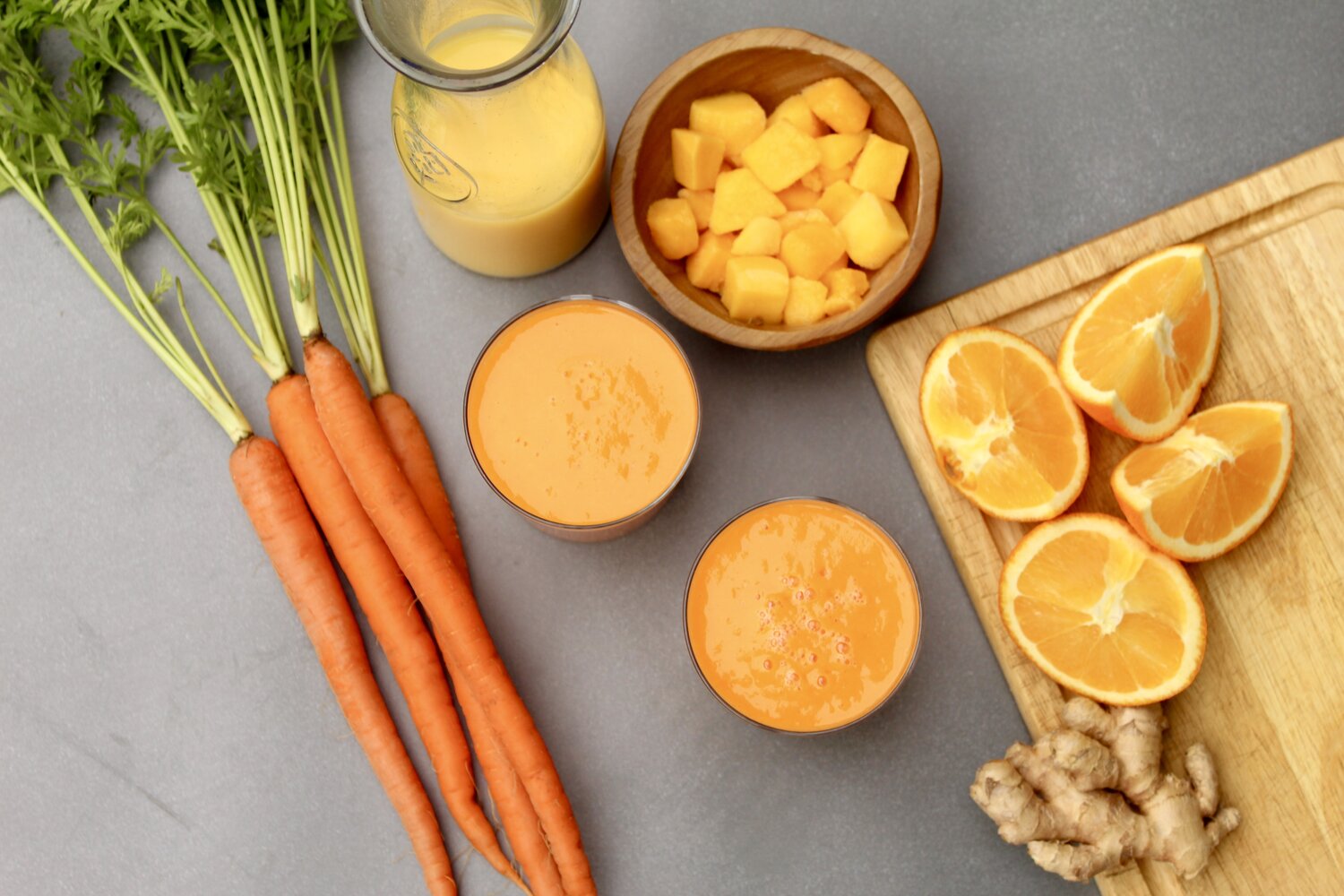Supporting Your Winter Training
The cold and gloomy weather may make you want to wrap up in a blanket on the couch all day, but staying active throughout the winter months is one of the best things you can do for your overall health. Compared to a sedentary lifestyle, regular moderate exercise has been shown to reduce the risk of infection. Moderate exercise is important for cardiovascular health, bone health, immune health, and even mental health. When we exercise, our body releases an abundance of neurotransmitters that help us reap the benefits of our workout. Endorphins are just one type of neurotransmitter that send “feel-good” chemical messages to our bodies when we exercise. They can also help relieve pain, stress, and can positively impact the serotonin levels in our brains. When we exercise we also produce adrenaline, dopamine, and norepinephrine which play a crucial role in the development of our emotions and mood.
One of my favorite forms of exercise and biggest stress reliever is running. Many runners and endurance athletes don’t realize the importance of proper hydration during the winter months. In my own personal experience working with endurance athletes, many feel that since they’re not sweating as much, they don’t need to drink as much fluid. Thirst sensation can also decrease, making it harder for you to be motivated to drink. However, when exercising in cold environments, respiratory water loss increases due to the low humidity and increased ventilation rate. It is also possible for sweat rates to exceed 1 L/hr due to the warm environment created underneath your multiple layers of clothing.
On top of just water, I also like to make my own homemade Florida OJ sports drink to enjoy after long runs, which helps to replenish carbohydrates, fluid, and electrolytes. To make it, I combine 8 oz. 100% orange juice with 4 oz. coconut water and a pinch or two of salt. I shake this all together in a bottle and store in the fridge so it’s ready for me to drink immediately after.
Source link








